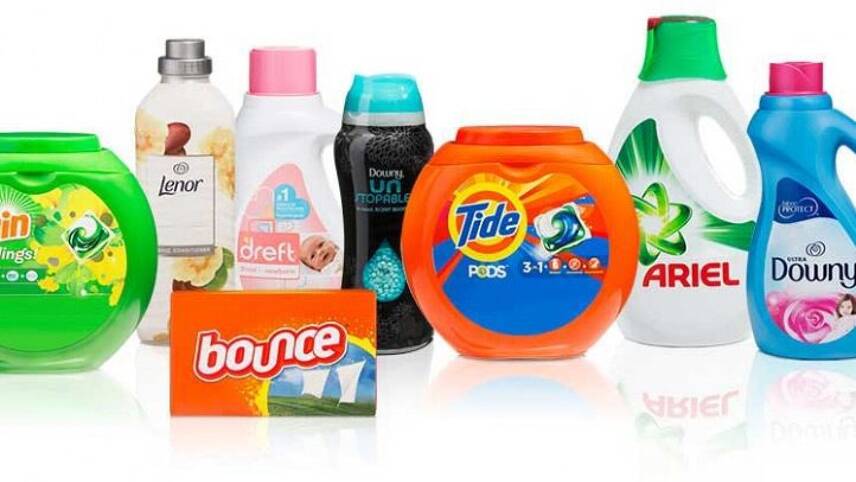Register for free and continue reading
Join our growing army of changemakers and get unlimited access to our premium content

As of May 2019
Brands Fairy, Flash and Viakal will increase the use of recycled plastic to 9,000 tonnes. This will replace virgin plastic and is equal to the waste generated by 6.5 billion customers annually.
More than 300 million bottles across P&G’s European household cleaning brands will be converted annually to either 100% recycled or partially recycled plastic. P&G is also in the process of converting all surface cleaning wipes to be made of 100% recycled fibre.
The move forms part of P&G’s commitment to WRAP’s Plastic Pact, which requires signatories to achieve a minimum average of 30% PCR content in plastics packaging by 2025, as well as its own five-pillar plastics packaging strategy.
Launched last spring, the strategy includes a goal to ensure all packaging is 100% recyclable or reusable by 2030, bolstered by shorter-term pledges to achieve 100% recyclability by 2022 and a 30% reduction in plastics use by 2025 across fabric care brands.
“We are proud of this significant milestone across our cleaning products as we know with our immense scale we can create a positive impact,” P&G’s vice president for Home Care products in Europe Elvan Onal said.
“Our work in minimising our footprint goes beyond just the bottle – through our Life Cycle Assessment (LCA), we look holistically at our impact from product design to transit to consumer use, all the way through to end of life to ensure we are responsible stewards of our resources from beginning to end.”
Last month, the company committed to increasing the amount of recycled plastic used in packaging for its fabric care brands Ariel and Lenor.
As of May 2019, P&G had used more than 34,000 metric tonnes of PCR in packaging. Notable packaging lines which have been redesigned to drive this shift to recycled content include Fairy washing-up liquid bottles and Head & Shoulders shampoo bottles.
Consumer analysis
P&G’s LCA analysis has explored how its products are used by customers and the impact that has on the environment.
The company has found that the biggest footprint reductions could be recorded through home care cleaning products, when consumers use large amounts of water, and often at high temperatures.
In response, P&G household cleaning product formulas have been developed to work at low temperatures. Fairy in the UK, for example, can lower a consumer’s carbon footprint per use by 50% as it can be used with lower temperature water.
More broadly, over the last 12 months, some of the world’s biggest businesses have made “promising” progress in efforts to eliminate single-use plastics and transition to a circular economy, according to a new Ellen MacArthur Foundation report which revealed that pledges to increase recycled plastic in packaging have grown five-fold.
Matt Mace


Please login or Register to leave a comment.